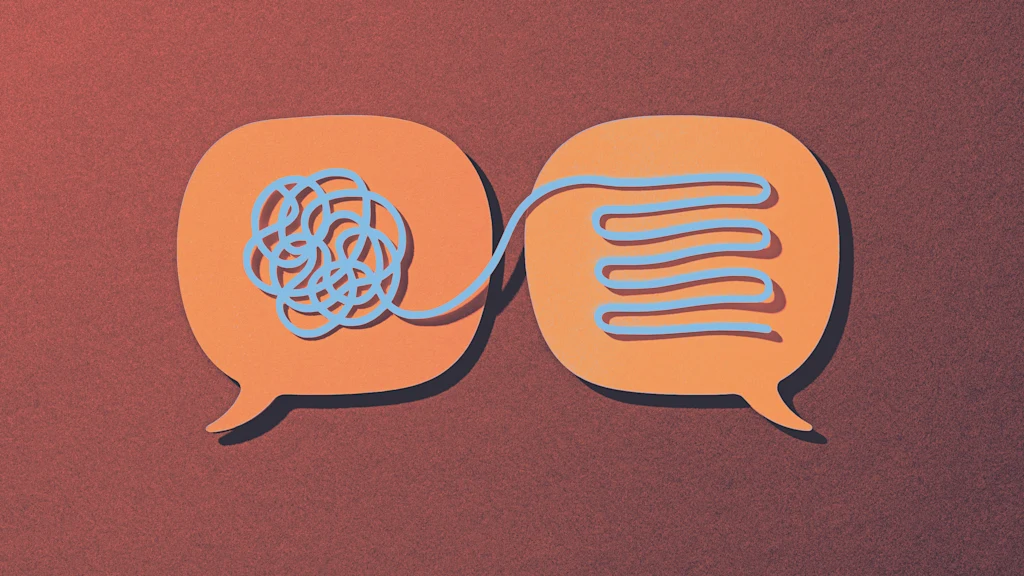
"Researchers used what's known as the biobehavioral aging clock framework to quantify biobehavioral age gaps (BBAGs), by using artificial intelligence (AI) models trained on thousands of health and behavioral profiles. These models can predict a person's biological age based on physical markers such as hypertension, diabetes, sleep problems, and sensory loss, as well as protective factors including education, cognition, functional ability, and physical activity."
"Speaking multiple languages may protect both your brain and body by slowing down the biological aging process, increasing resilience as you get older, according to a new international study. Published in Nature Aging journal, the paper, titled " Multilingualism protects against accelerated aging in cross-sectional and longitudinal analyses of 27 European countries," looked at data from 86,149 Europeans and found that those who spoke multiple languages experienced slower biobehavioral aging compared with those who only spoke one language."
Data from 86,149 Europeans were analyzed using AI-trained biobehavioral aging clocks to estimate biobehavioral age gaps (BBAGs) from health and behavioral markers. The models incorporated physical markers (hypertension, diabetes, sleep problems, sensory loss) and protective factors (education, cognition, functional ability, physical activity). Participants who spoke multiple languages showed slower biobehavioral aging and were 2.17 times less likely to experience accelerated aging, while monolingual participants were twice as likely to show early aging patterns. These associations persisted after adjusting for linguistic, social, physical, and sociopolitical factors and were consistent in longitudinal prediction of lower long-term risk.
Read at Fast Company
Unable to calculate read time
Collection
[
|
...
]